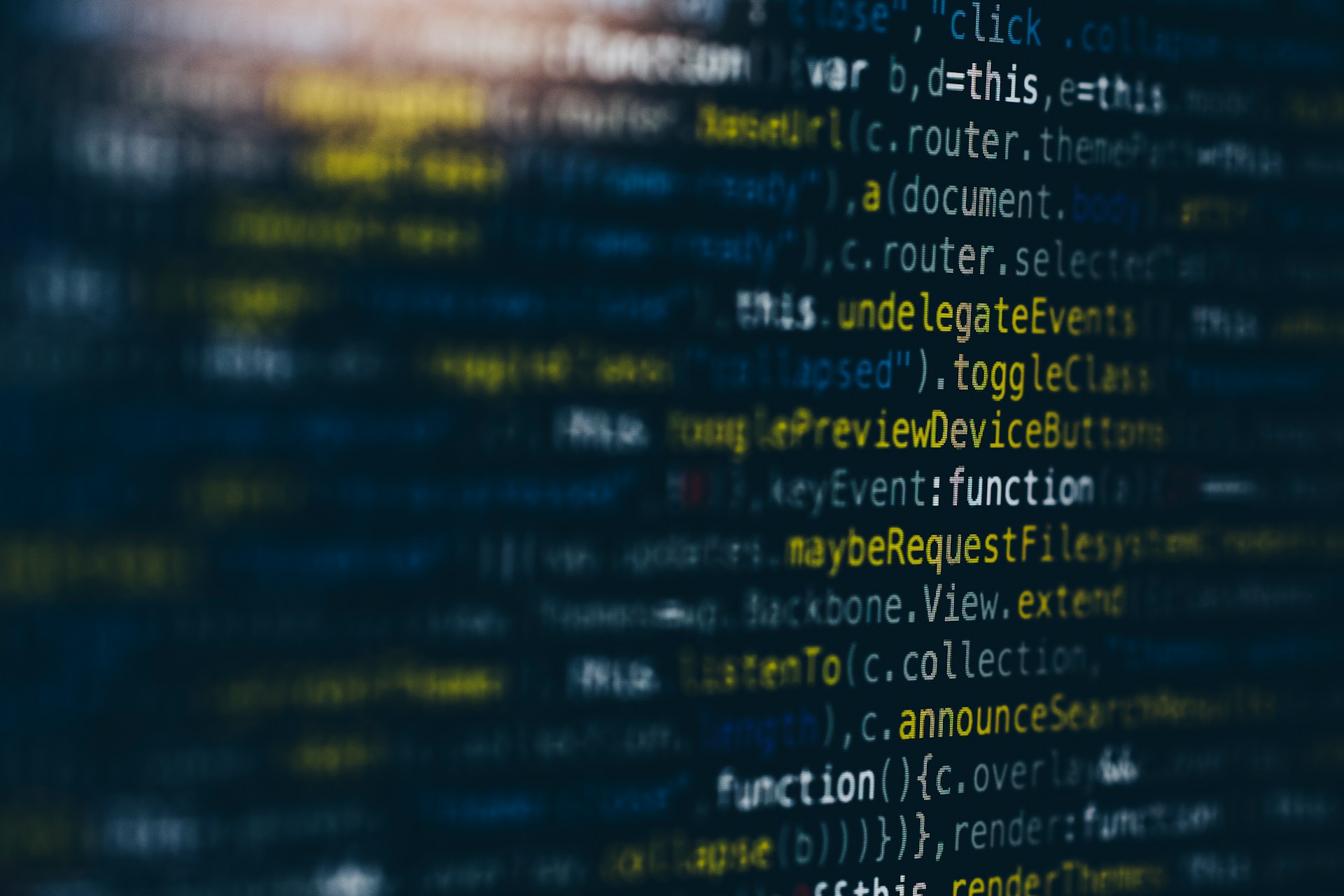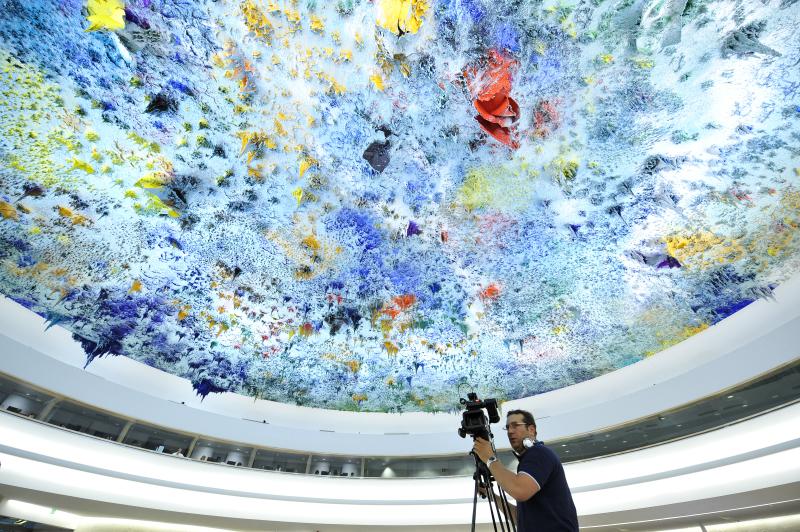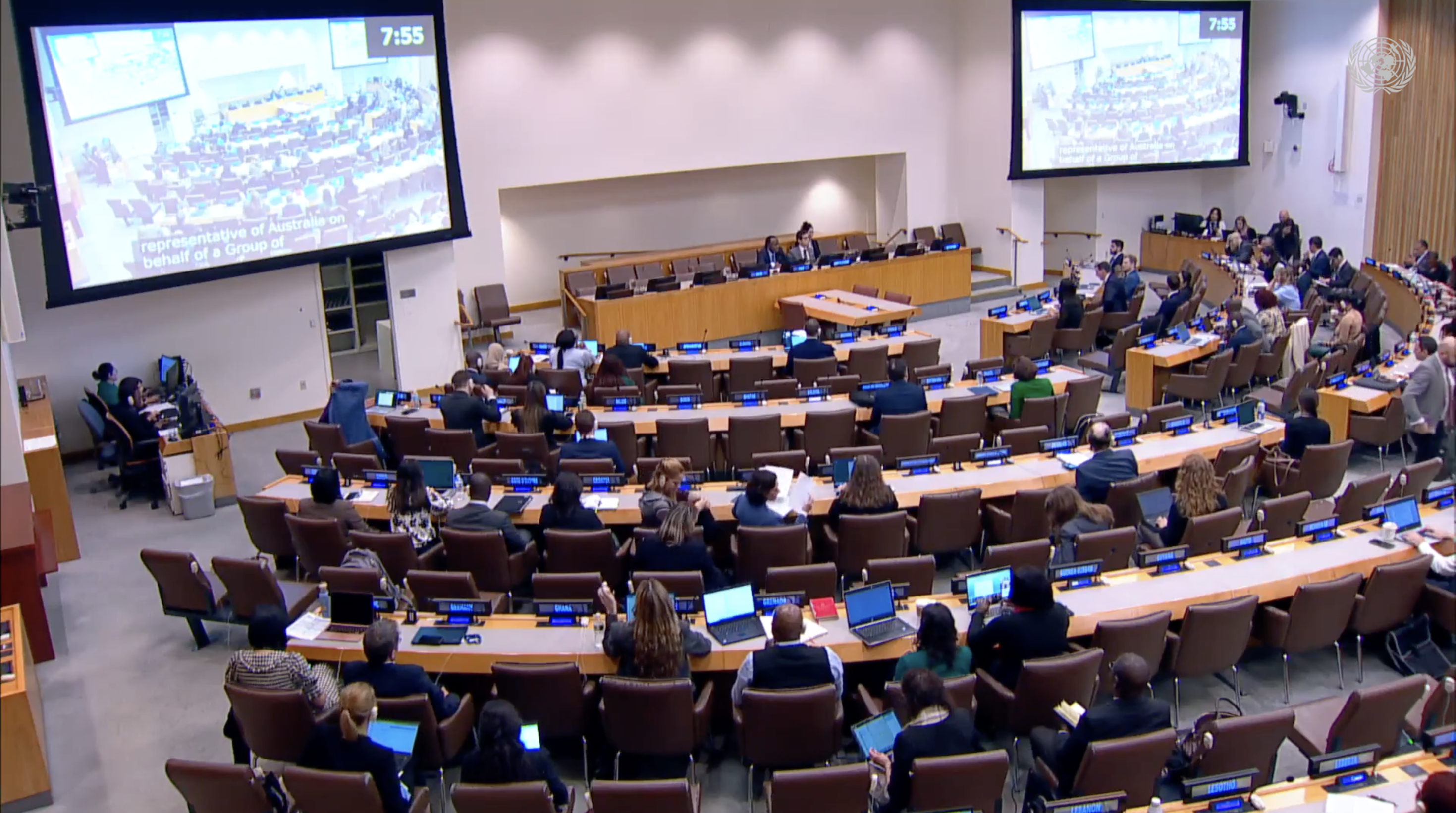(Geneva) – Sri Lanka must end a series of attacks against human rights defenders for cooperating with the United Nations human rights mechanisms, a coalition of leading non-governmental organisations said today.
A UN Human Rights Council mandated inquiry is currently investigating alleged violations of international humanitarian law, as well as gross and systematic human rights abuses, committed by the Government of Sri Lanka and the Liberation Tigers of Tamil Eelam, which led to a UN estimated 40,000 civilian deaths in 2009 alone.
In a joint letter to the President of the UN Human Rights Council and to Ambassador Ravinatha Pandukabhaya Aryasinha of Sri Lanka, the NGOs outline an alarming trend of intimidation, threats and reprisals in Sri Lanka against people believed to be engaging with the Human Rights Council and other UN human rights mechanisms, including the Commission of Inquiry.
In one such attack, a mob disrupted a meeting of families of persons who have been disappeared in the north of Sri Lanka. In another, a leading newspaper labelled those who give evidence to the UN as’traitors’ and said that ‘clearly what should be done is to shoot them and throw them to the forest for the foxes to eat’.
‘These are the latest in what is a clear pattern of systematic reprisals against human rights defenders and victims in Sri Lanka who seek to engage with the UN. Such acts inflict further harm on victims and their families, entrench the existing climate of fear in the country, and serve as a warning against any form of engagement with UN human rights mechanisms, including the investigation process,’ said Ms Pooja Patel of the International Service for Human Rights.
‘This pattern has been brought to the continuous attention of the UN Human Rights Council by civil society, human rights experts and States, as well as by both the UN Secretary-General and High Commissioner. The time has now come for a resolute response,’ Ms Patel said.
‘The Government of Sri Lanka has the primary responsibility for protecting people from threats, intimidation and reprisal, and must condemn all such acts immediately and unequivocally as well as take all necessary lawful steps to affirm and uphold the right of all persons to free communication with the UN, safe from hindrance or insecurity’ said ISHR Director Phil Lynch.
‘The UN Human Rights Council also has a responsibility to protect those who engage with it from intimidation and reprisals,’ Mr Lynch said. ‘We call on the President, Bureau and Members of the Council to condemn the systematic reprisals faced by Sri Lankan human rights defenders and other individuals, as well as to remind Sri Lanka of its obligation to ensure that all persons can exercise their right to free and unhindered access to UN human rights mechanisms.’
‘States must be resolute in addressing cases of reprisals, including by mobilising their diplomatic representatives in Sri Lanka to take all such steps as are necessary to protect human rights defenders from all forms of intimidation, threat or attack,’ Ms Patel said.
Photo:UN Photo / Jean-Marc Ferré (Ravinatha P. Aryasinha, Permanent Representative of Democratic Socialist Republic of Sri Lanka to the UN in Geneva, addresses the Human Rights Council)



